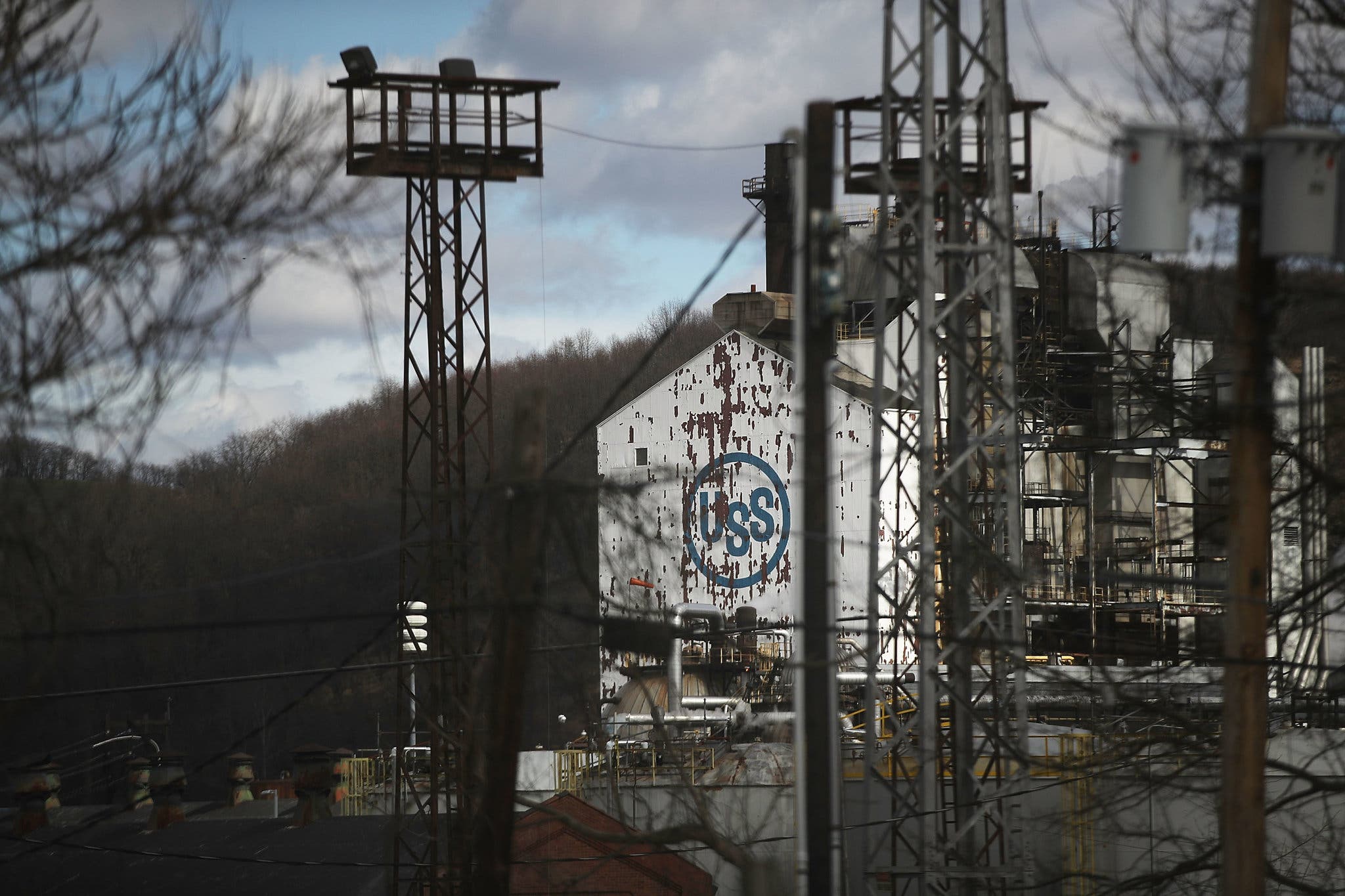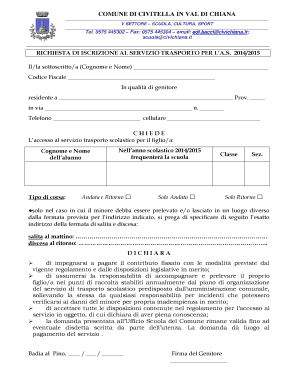How Trump's Tariffs Shut The Door On Affirm Holdings' IPO Prospects

Table of Contents
The Impact of Tariffs on Affirm's Business Model
Affirm's business model centers around its Buy Now, Pay Later (BNPL) platform. This allows consumers to make purchases and pay in installments, often interest-free. Crucially, this model relies heavily on the seamless flow of consumer goods, many of which are sourced globally. Trump's tariffs, implemented as part of his trade war, significantly disrupted these global supply chains.
The tariffs increased the cost of goods imported into the US, impacting merchants who utilized Affirm's services. This had a ripple effect on Affirm's operations:
- Increased costs for merchants using Affirm: Higher import costs meant merchants had to increase their prices, potentially making their products less attractive to consumers.
- Decreased consumer purchasing power: Higher prices reduced consumer spending, leading to a lower transaction volume for Affirm.
- Potential negative impact on repayment rates: Economic hardship caused by higher prices could lead to increased defaults on Affirm's installment plans.
These factors directly impacted Affirm's profitability and attractiveness to investors:
- Reduced revenue projections: Lower transaction volumes translated into lower revenue for Affirm.
- Lower profit margins: Increased costs for merchants and potential increases in defaults squeezed Affirm's profit margins.
- Negative impact on investor confidence: The uncertainty created by the tariffs made investors hesitant to commit to an IPO.
Investor Sentiment and Market Uncertainty During the Trade War
Trump's unpredictable trade policies created significant uncertainty in the stock market. This uncertainty negatively influenced investor sentiment towards IPOs in general. Investors became more risk-averse, preferring established, less volatile investments. This broader market uncertainty further contributed to Affirm's IPO delay.
- Increased risk perception for investors: The trade war introduced significant geopolitical risk into the equation, making Affirm's IPO seem riskier.
- Decreased demand for IPOs: Investors were less willing to invest in new companies during a period of significant market uncertainty.
- Negative impact on market valuation: The overall bearish sentiment reduced the potential valuation Affirm could command in an IPO.
Investors sought alternative investment options perceived as safer during this period:
- Lower risk, higher return investments: Many shifted towards established companies or government bonds.
- Investors shifting to safer assets: This flight to safety further reduced the demand for riskier IPOs like Affirm's.
Affirm's Strategic Response to the Tariff Challenges
To mitigate the negative effects of the tariffs, Affirm likely pursued several strategies:
- Negotiation strategies with suppliers: They may have attempted to negotiate lower prices or alternative sourcing to offset tariff increases.
- Price adjustments: Affirm might have adjusted its fees or commission structures to partially absorb the increased costs for merchants.
- Diversification of supply chains: They likely explored sourcing goods from countries not subject to the tariffs.
While these responses may have lessened the negative impact, uncertainty remained:
- Reduced the negative impact, but uncertainty remained: The ongoing trade war created a persistent atmosphere of uncertainty.
- Delay was deemed strategically prudent: Given the market conditions, postponing the IPO was seen as the most prudent course of action.
Conclusion: The Lasting Effects of Trump's Tariffs on Affirm Holdings' IPO
Trump's tariffs significantly hampered Affirm's financial performance and contributed to the delay of its IPO. The resulting investor sentiment and market uncertainty during the trade war exacerbated this challenge. While Affirm eventually went public, the experience highlights the significant impact that geopolitical events can have on the financial performance and market entry strategies of even innovative and promising companies. Understanding the lasting consequences for Affirm’s long-term growth and market position requires further research into the specific effects of the trade war and the company's responses. To understand how trade policies impact IPO prospects and learn more about the effects of Trump's tariffs on Affirm Holdings' IPO, further research is crucial.

Featured Posts
-
 Krah Federerovih Rekorda Uspeh Dokovica
May 14, 2025
Krah Federerovih Rekorda Uspeh Dokovica
May 14, 2025 -
 Iscrizione Trasporto Scolastico Sanremo Guida Completa
May 14, 2025
Iscrizione Trasporto Scolastico Sanremo Guida Completa
May 14, 2025 -
 Forest Awoniyi Surgery After Post Collision
May 14, 2025
Forest Awoniyi Surgery After Post Collision
May 14, 2025 -
 Is A May Snap Election Inevitable In Portugal The Pms Struggle For Allies
May 14, 2025
Is A May Snap Election Inevitable In Portugal The Pms Struggle For Allies
May 14, 2025 -
 Muere Jose Mujica Expresidente De Uruguay A Los 89 Anos
May 14, 2025
Muere Jose Mujica Expresidente De Uruguay A Los 89 Anos
May 14, 2025
